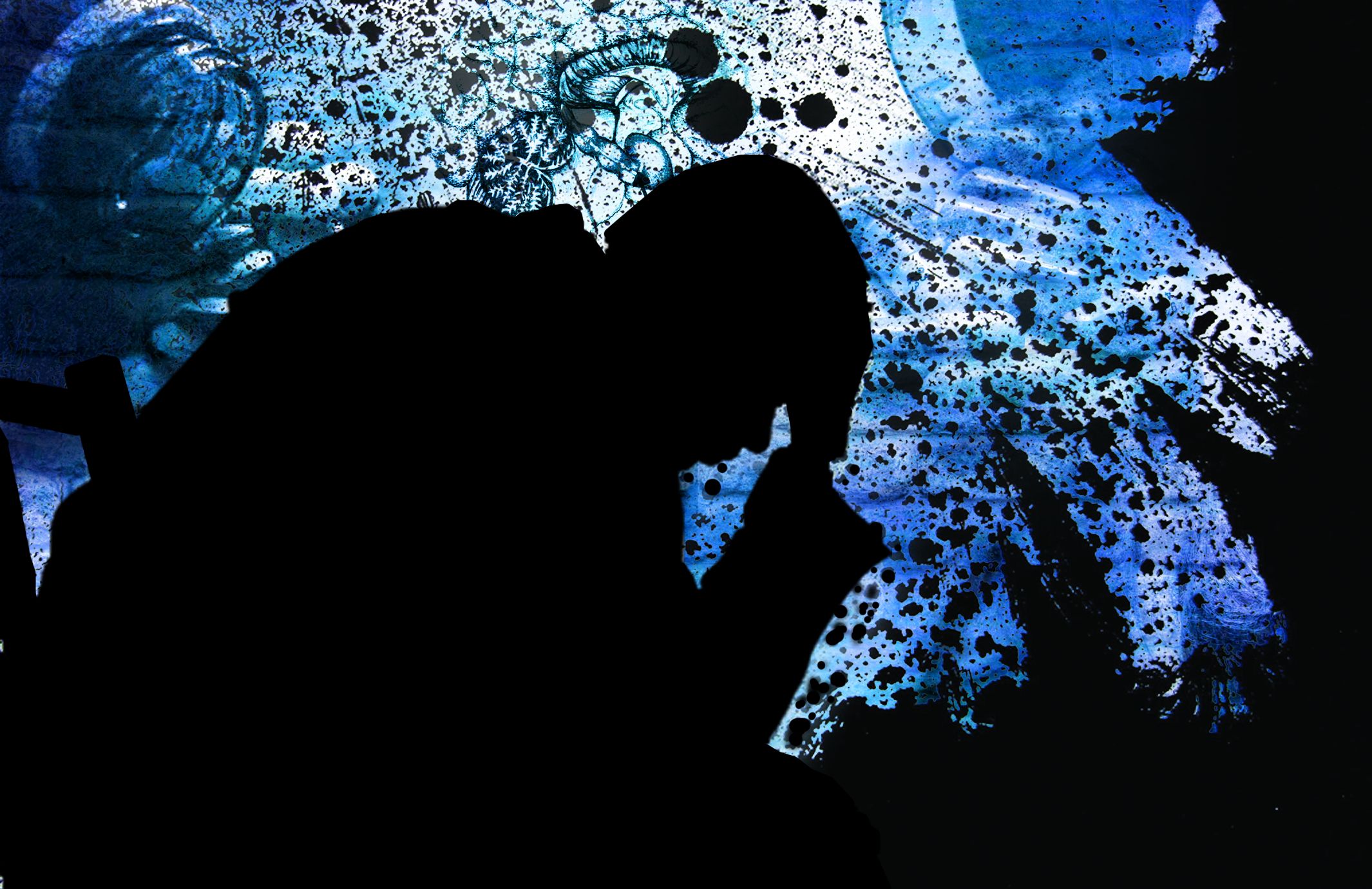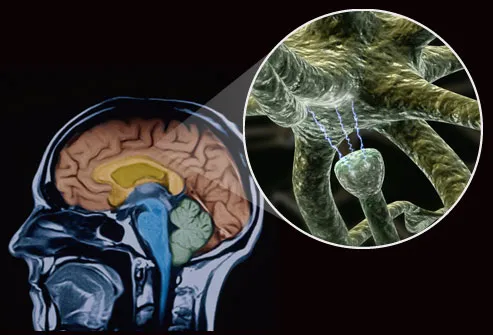There’s an interesting debate unfolding on The New York Times website about mental illness in America. What got my attention was the suggestion that mental illness and the related treatments are luxury items.
Mood music:
The debate — between a variety of professionals in the mental health field — runs the spectrum from suggesting mental illness is still misunderstood and undertreated to being over diagnosed and used as an excuse to hide from personal responsibility.
From the introduction:
Whether you call it hypochondria or American exceptionalism, the numbers are plain: Americans lead the world in diagnoses of mental health problems.
For some conditions, perhaps wealth explains the disparity: in developing nations, more people are focused on pressing needs like food and shelter, making depression a “luxury disorder” in wealthy nations like the United States.
But are there other factors at play for conditions like attention deficit/hyperactivity disorder, that may be “culture-specific”? Maybe the condition is more common in the United States because the high-energy, risk-taking traits of A.D.H.D. are part of America’s pioneer DNA. Or maybe the same behavior is common elsewhere, but given another label? Some critics would argue that American doctors, teachers and parents are simply too quick to diagnose A.D.H.D. and medicate children. Do the American medical and educational systems inflate the numbers?
Edward (Ned) Hallowell, a psychiatrist and co-author of “Driven to Distraction” and “Delivered From Distraction,” suggests that A.D.H.D. in particular is part of the American DNA:
There are two main reasons the diagnosis of attention deficit/hyperactivity disorder is high in the U.S. First of all, our gene pool is loaded for A.D.H.D. Consider the central symptoms of the condition: distractibility, impulsivity and restlessness. Consider also the positives that so often accompany A.D.H.D.: being a dreamer and a pioneer, being creative, entrepreneurial, having an ability to think outside the box (with some difficulty thinking inside of it!), a tendency to be independent of mind and able to pursue a vision that goes against convention. Well, who colonized this country? People who have those traits!
His description of someone with A.D.H.D. is priceless:
I often tell people that having A.D.H.D. is like having a Ferrari engine for a brain, but with bicycle brakes. If you can strengthen your brakes, you can win races and be a champion, as so many highly accomplished people with A.D.H.D. are. But if you don’t strengthen your brakes you can crash and burn as, sadly, many people who have A.D.H.D. but don’t know how to manage it ultimately do.
As someone with OCD, I’d add that the description also fits for my condition.
Peter R. Breggin, a psychiatrist in Ithaca, N.Y. and author of more than 20 books and the director of the Center for the Study of Empathic Therapy, Education and Living says the drugging of children for A.D.H.D. has become an epidemic:
The A.D.H.D. diagnosis does not identify a genuine biological or psychological disorder. The diagnosis, from the 2000 edition of the “Diagnostic and Statistical Manual of Mental Disorders,” is simply a list of behaviors that require attention in a classroom: hyperactivity (“fidgets,” “leaves seat,” “talks excessively”); impulsivity (“blurts out answers,” “interrupts”); and inattention (“careless mistakes,” “easily distractible,” “forgetful”). These are the spontaneous behaviors of normal children. When these behaviors become age-inappropriate, excessive or disruptive, the potential causes are limitless, including: boredom, poor teaching, inconsistent discipline at home, tiredness and underlying physical illness. Children who are suffering from bullying, abuse or stress may also display these behaviors in excess. By making an A.D.H.D. diagnosis, we ignore and stop looking for what is really going on with the child. A.D.H.D. is almost always either Teacher Attention Disorder (TAD) or Parent Attention Disorder (PAD). These children need the adults in their lives to give them improved attention.
He makes an important point about the use of medication. A lot of parents turn to drugs because they simply don’t know what to do. Junior is a terror in school and on the playground and he’s exhausting everyone at home with his behavior. Turning to drugs is often an act of desperation. Desperation can be a good thing. It can force us to deal with our problems in ways we weren’t willing to consider before. But it can also rush us into bad decisions.
Erin and I are walking this tightrope with Duncan. We’ve had him tested in the doctor’s office and at school, and he has all the textbook traits of someone with A.D.H.D. But at 8 years old it’s still difficult to know for sure if this is A.D.H.D or something else that acts like it. Pills could tame his difficulties, but if he has something else that’s simply acting like A.D.H.D. — bi-polar disorder or OCD, for example — the pills that work for A.D.H.D. could make those other things much worse. So we’re not doing the medication.
This much I can tell you: When his older brother asks aloud if Duncan has A.D.H.D., Duncan bristles. He doesn’t like the label. And who can blame him?
I can tell you that Duncan has made a lot of progress with the other tools we’ve deployed: cool-down exercises, activities to channel anger (painting is one of his favorites) and so on. But there are still big challenges every day. And that’s ok.
Does the search for a problem and solution make us over-reactive parents? I don’t think so. When you see your child struggling, your instinct is to help them find a better way. Their happiness is what matters to us in the end.
Are kids diagnosed too easily and drugged too quickly? I’m sure of it. But to simply write the parents off as over-reactive is silly.
Society in general has learned to take everything too far. Ever since tragedies like the Columbine High School massacre, school administrators and teachers go crazy over things that are usually nothing. A kid collecting sticks and rocks in the schoolyard because he simply likes to collect these things becomes a danger. Why would a kid collect rocks and sticks if he didn’t intend to hurt his classmates with them, right?
We all struggle to find the sensible middle ground, because American society has seen some really bad shit in the last two decades: 9-11, Columbine, kids knifing each other in schools. We’ve seen the worst of the worst. The resulting fear can blind us to the fact that we’ve also seen the best of the best, including the advances in medical care.
When I was Duncan’s age and I was behaving badly, I was simply written off as a behavioral problem. I saw it happen to other kids as well. In hindsight, the building blocks of my mental illness were already swirling around in my head, shaped by the hard stuff I was experiencing back then, like my parents’ divorce, my brother’s death, the hospitalizations with Crohn’s Disease and the schoolyard bullying over my excessive weight.
Behavioral problems aren’t written off as easily today, and we should all feel good about that. The trick is to make the best use of all the newer mental health treatments, and that’s still a work in progress for all of us.
In my case, I’m lucky because I was determined to try everything else before trying medication. That resulted in several years of hard self-discovery and a better understanding of how I got the way I am. It led me to an array of coping tools I may not have learned to use had I turned directly to medication. Eventually I learned that my brain chemistry was still too far off center for me to control without medicine, and that’s when I tried the Prozac, which has worked exceptionally well.
It didn’t turn me into a robot. I’m still me. I see everything and feel everything. I still get depressed. But with the Prozac correcting the chemical traffic in my brain, these things no longer incapacitate me.
Is treatment a luxury? Sure. If you live in deep poverty and your biggest concern is where the next meal for you and your family is coming from, that’s going to be your first focus.
But if you aren’t in that situation and you have the luxury of dealing with mental illness, you shouldn’t feel bad about it.
You should simply thank God and do your best to pay it forward.








.jpg)

